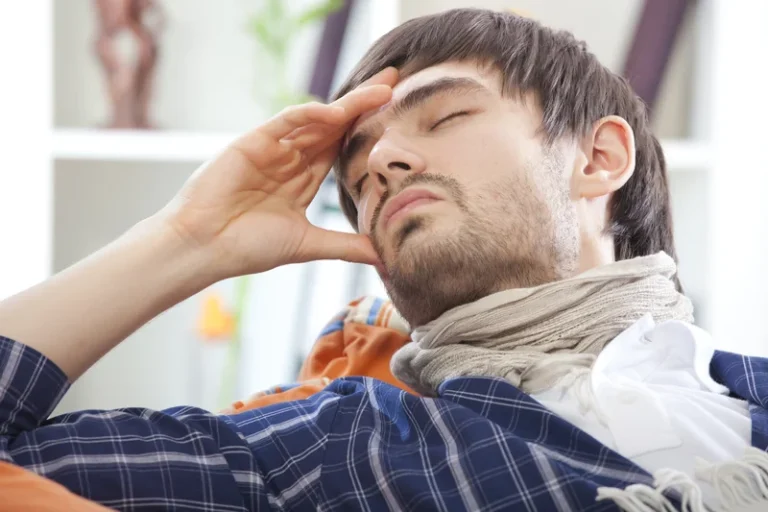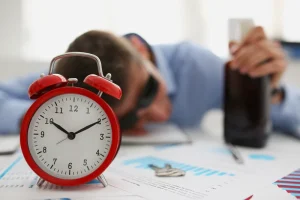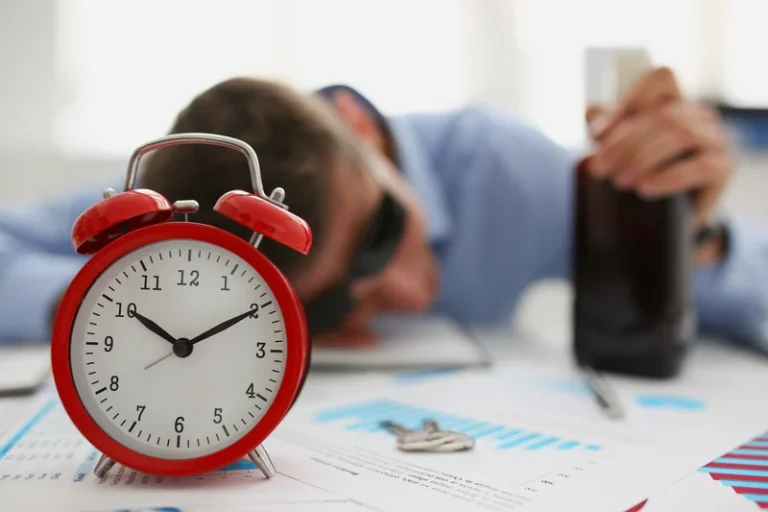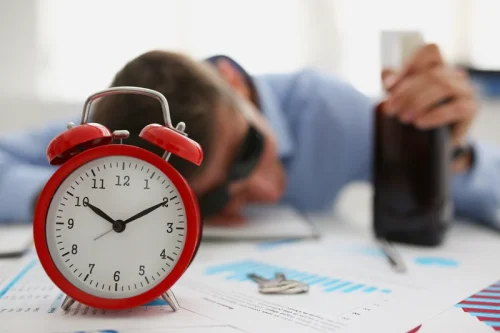Hello world!
04/11/2022Construction Bookkeeping: Essential Tools & Tips
29/09/2023
Please note, we cannot provide specific medical advice, and always recommend you contact your doctor for any medical matters. Alcohol-related sleep disruptions over a prolonged can also lead to an array of serious mental and physical problems. Want to bookmark your favourite articles and stories to read or reference later? Dr. Seema Khosla is the medical director of the North Dakota Center for Sleep and a medical advisor for MedBridge Healthcare.
Insomnia and Alcohol
This may result in the person verbally or physically acting out their dreams, which may cause abnormal behaviors such as kicking, flailing, jumping or yelling during sleep. If left untreated, chronic sleep apnea can drastically impact your quality of life and lead to serious health concerns, such as weight gain and obesity, hypertension, stroke, memory impairment and heart failure. Research shows that between 33% and 40% of people who consume alcohol experience mild to severe anxiety.

How Alcohol Affects the Brain
- Kuhlwein, Hauger and Irwin (2003) reported lower cortisol early inthe night and higher levels later in the night in their African American alcoholics aftertwo weeks.
- “You’re likely to feel fatigued, sluggish, and mentally foggy due to disrupted sleep and dehydration,” says Sharma.“Alcohol can also cause headaches, dizziness, and a dry mouth due to fluid loss.
- While alcohol can make you feel tired at first, it can also disturb your sleep as it wears off.
- Small amounts of alcohol may cause short-term sleep disturbances, but frequent and large quantities of alcohol consumption may lead to chronic insomnia for certain individuals.
- Recovery dreams can be extraordinarily vivid, terrifying, and frequent.
Self-care practices might also be useful, like exercise and journaling about your commitment to recovery. Reaching out to others in recovery can help reinforce that you are not alone and validate that though recovery dreams can feel real and terrifying, they are a part of the recovery process. The fear of relapse is common in recovery; sometimes, dreams process this anxiety. They might also serve as exposure therapy to a simulation of what a relapse might be like, helping enforce someone’s commitment to avoid it. While recovery dreams play out relapses, they are not necessarily indicative that someone will drink or break their sobriety.

How to Cope With Recovery Dreams
This association may be secondary to subjects self-medicating their insomnia with alcohol (Kaneita et al., 2007, Ancoli-Israel and Roth, 1999, Johnson et al., 1998). Napping was common during recovery in one study resulting in longer WASO times, decreased TST and lower SE (Currie et al., 2003a). “If you experience insomnia, mood imbalances and other brain symptoms, it may be best to cut back alcohol intake overall,” Dr. Scheller adds.

Alcohol and Obstructive Sleep Apnea (OSA).
Besides just waking you up a lot, alcohol can disrupt your normal sleep patterns enough to create some longer-term issues you may need to address. However, there are many coping skills a person can practice to improve their sleep. Insomnia doesn’t directly cause alcoholism, nor does alcoholism always cause insomnia. However, the relationship between the two disorders is complicated and closely linked. In other cases, it’s caused by an uncomfortable sleeping environment, substance use, or shift work. This blog covers the connection between alcohol consumption and insomnia and how you can get help to treat both conditions.
Increases Nighttime Wakefulness
Join our Sleep Care Community — a trusted hub of sleep health professionals, product specialists, and people just like you. Whether you need expert sleep advice for your insomnia or you’re searching for the perfect mattress, we’ve got you covered. “Alcohol is a diuretic, causing frequent urination and dehydration, which can lead to fragmented sleep and early morning awakenings,” explains Allder. Xenia Ellenbogen (she/they) is a journalist specializing Alcohol Use Disorder in health, mental health, and wellness.
(2009b) did not see any differences between alcoholics and controls in highfrequency EEG activity during sleep. Because these analyses are performed on stable sleepepochs, results suggest that once sleep is attained, it is not necessarily characterizedby elevated fast frequency activity. By contrast, primary insomniacs have greater betapower during NREM sleep than normal sleepers, thought to reflect higher levels of corticalarousal (Riemann et al. 2010). Topographicdifferences in EEG spectral power during sleep evaluated in alcoholics compared withcontrols revealed that slow frequency activity was maximal over frontal scalp regions inboth alcoholics and control subjects (Colrain, Turlington,and Baker 2009b). Differences in slow frequency between alcoholics andcontrols were also more marked over the frontal scalp with alcoholics showing lower deltaEEG power (Figure 3). This topographic pattern isconsistent with the known frontal susceptibility to alcoholism-related alterations inbrain structure and function (Zahr et al. 2013;Oscar-Berman et al. 2013).
1 Alcoholism: Sleep EEG Data
In contrast, sleep latency insomnia and alcohol was not correlated with alcohol consumption level. Among factors that disturb sleep, it was learned that snoring, in particular, is linked with alcohol consumption. In fact, between 35% and 70% of individuals who use alcohol have insomnia.3 It may seem surprising, considering that alcohol is a depressant, yet alcohol is known to interfere with fundamental aspects of sleep quality.
People who go to bed with alcohol in their system may be more likely to wake early in the morning and not be able to fall back to sleep, another consequence of the rebound effect. Circadian rhythms regulate nearly all of the body’s processes, from metabolism and immunity to energy, sleep, and sexual drive, cognitive functions, https://ecosoberhouse.com/ and mood. As alcohol is a diuretic, it’s essential to drink plenty of water to counteract dehydration, which can disturb your sleep.

